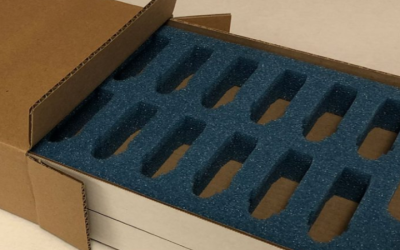When it comes to comfort, few like to compromise. We all enjoy warm environments with good air quality in our homes and work places. But space heating and cooling that accounts for about 56% of the total energy consumption, is the single largest energy expense for most US homes. The efficiency of your HVAC system is dependent on the technology used and also the age and condition of the components. Various technologies have different efficiency levels for converting their energy sources (Natural gas, Propane, gas, electricity, oil etc.) to useful forms of heating or cooling for domestic use. The supporting equipment for the HVAC systems, like thermostats and ducts also has a significant role to play in energy saving in your home. Regular maintenance of the systems in consultation with your HVAC contractor or upgrading your redundant system to new more energy saving appliances will help in cutting your fuel bills.
Before installing and updating a new system, you can try measures to reduce your fuel bills by maximizing the energy efficiency of the components and supporting equipment. Half the heating is lost from an un-insulated home through the roof and walls. Insulating your loft, attic, walls and installing double glazing keep your fuel bills low. By keeping your appliances on standby, you are wasting money and adding unnecessarily to your energy consumption. Turn off your appliances completely when not in use. Buy energy efficient appliances as far as possible. Asking your HVAC to install a high-efficiency boiler would radically save you money on heating. Installing an efficient thermostat to your existing boiler and thermostatic radiator valves are energy saving measures, that are cheap and effective.
If you are thinking of installing an entirely new HVAC in your home, consult about the energy saving devices available on the market. Expertise on advising the sizing the equipment to suit your needs and the space to be temperature controlled. As a conscientious person, you should also consider the environmental impact of your choice. Solar energy is the cleanest energy source that produces negligible or no pollution. Some homes in the US have solar powered systems to supplement the main HVAC. However the government is taking steps to encourage more homes to use solar energy. Electricity is mainly generated in the US by burning coal and is highly contaminating. Carbon dioxide, sulfur dioxide and other greenhouse gases and solid particulates are emitted during the burning of coal. For eco-friendly technologies, consult your HVAC contractor. New Jersey residents can find skilled professionals who charge low installation for your new appliances.



